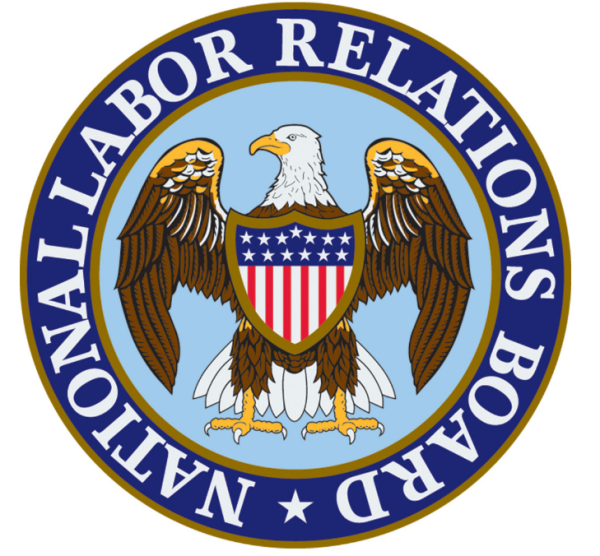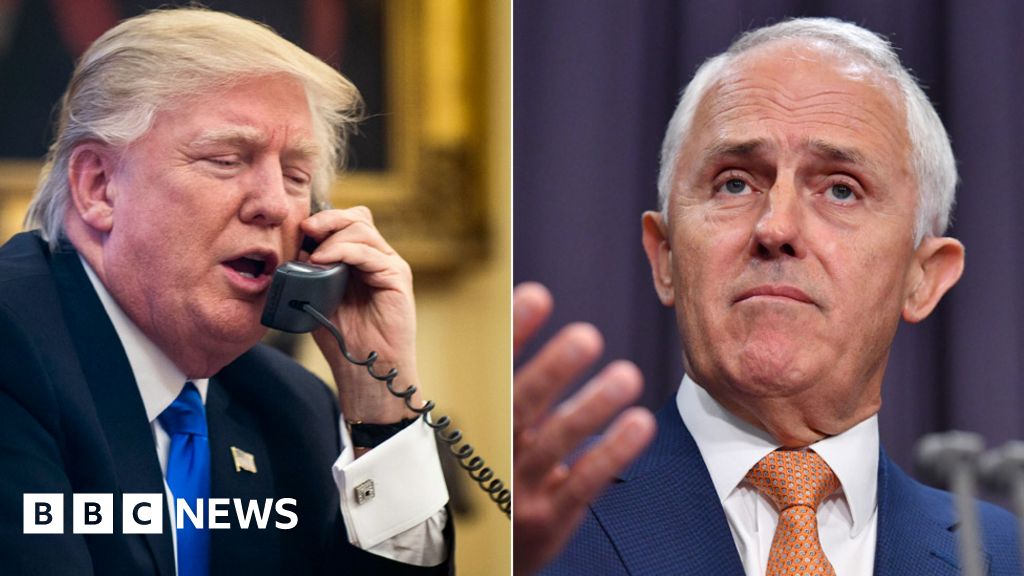Ouch. He'll get a nice red sharpie note on that performance.
Announcement
Collapse
No announcement yet.
Miscellaneous And Off Topic Subjects
Collapse
X
-
Trump probably had no idea...
Australia announced in November 2016 that the US had agreed to a one-off deal to resettle refugees currently being held on Nauru and Manus Island, in Papua New Guinea (PNG).
The UN refugee agency, UNHCR, would oversee the deal and the "most vulnerable" would be prioritised, Mr Turnbull said.
No numbers were given and Australian Immigration Department Secretary Mike Pezzullo later told a Senate inquiry that, while those who were eligible could express an interest, it was up to the US to decide how many people it wanted to take.
A total of 1,254 people were being held in the two camps, 871 on Manus Island and 383 in Nauru, as of 30 November 2016, according to Australian government statistics.
Mr Trump's tweet incorrectly labelled refugees as illegal, and recast the number who might be resettled as "thousands".
Australia refuses to accept refugees who arrive by boat, under a tough deterrent policy. It has already struck resettlement deals with Cambodia and PNG, but only a handful of refugees have been resettled. Critics say the two nations are completely ill-equipped to resettle refugees.
So the US deal was a boon to the Australian government from a close political and military ally.
Australia has faced fierce international criticism for its offshore detention policy and wants to close the Manus Island camp. Conditions in the offshore camps have been roundly condemned by rights groups, who say the policy is punitive and inflicts harm on refugees.
So Australia likely would have accepted these refugees if they hadn't come by boat. Why does that matter?
In August 2012, then-Prime Minister Julia Gillard’s Labor government introduced the deterrence system that is currently in place, in response to an unprecedented spike in boat arrivals. Since 2000, there have been 1,976 recorded deaths of people trying to come to Australia by boat. In 2012, 278 boats and 17,202 people arrived in Australian waters, more than the total number of arrivals from 2009 to 2011. During that three year stretch, 956 people died at sea attempting the voyage. Conservative members of the political opposition and the media howled that Australia was facing a border control crisis. And the solution, they argued, lay in the past.I feel like I am watching the destruction of our democracy while my neighbors and friends cheer it on
- Top
Comment
-
Interesting side note on the tiny county of Nauru...They're pretty close to a failed state. They used to be one of the biggest sources of phosphate in the world but when the mines ran dry, their economy became almost entirely dependent on serving as a detention center for Australia. The unemployment rate is high and they are the most obese nation in the world.
- Top
Comment
-
Said differently, Australia accepts only those "refugees" who arrive by air. Perhaps the progs could just buy the 1,500 or so now being held air tickets to Australia. $ 600.00 per one-way should do it. That is certainly cheaper than importing them to the US and giving them all the benefits of our welfare state....Australia refuses to accept refugees who arrive by boat, under a tough deterrent policy....
Of course, that assumes the Aussies would take them. The news here is that the Aussies will not take them even if they arrive by air. Then, why would we want them?
- Top
Comment
-
Good article on the Johnson Amendment and implications if Trump gets it repealed or directs the IRS to not enforce it
How it actually works: Most of the discussion of the Johnson amendment, whether coming from Trump or from pastors, focuses on whether clergy put their churches’ tax-exempt status at risk when they endorse their favorite candidates from the pulpit.
But in reality, the Internal Revenue Service very rarely punishes churches for political statements. For several years, more than 2,000 pastors have joined together on what they call “Pulpit Freedom Sunday” to test the ban by speaking their political views in their sermons — and the IRS has only investigated once and did not punish in that case, according to the conservative organization that organizes the annual effort.
What Trump hasn’t talked as much about is the implication for how churches can spend their money, not just how clergy can talk about candidates.
“Most people’s concern is if you allow churches to freely allow political activity — churches, synagogues, temples, whatever the religious organization — now what you’ve done is you’ve turned those into Super PACs,” said David Herzig, a Valparaiso University tax law professor.
Churches would be freed to use their budgets to support campaigning — and citizens would get a tax deduction for contributing to the church, which would still be a 501(c)3 nonprofit. Also, Herzig pointed out, nonprofits like churches aren’t required to make the same public disclosures as PACs, so political funding could theoretically become much less transparent if campaign funding were funneled through churches.
- Top
Comment



Comment